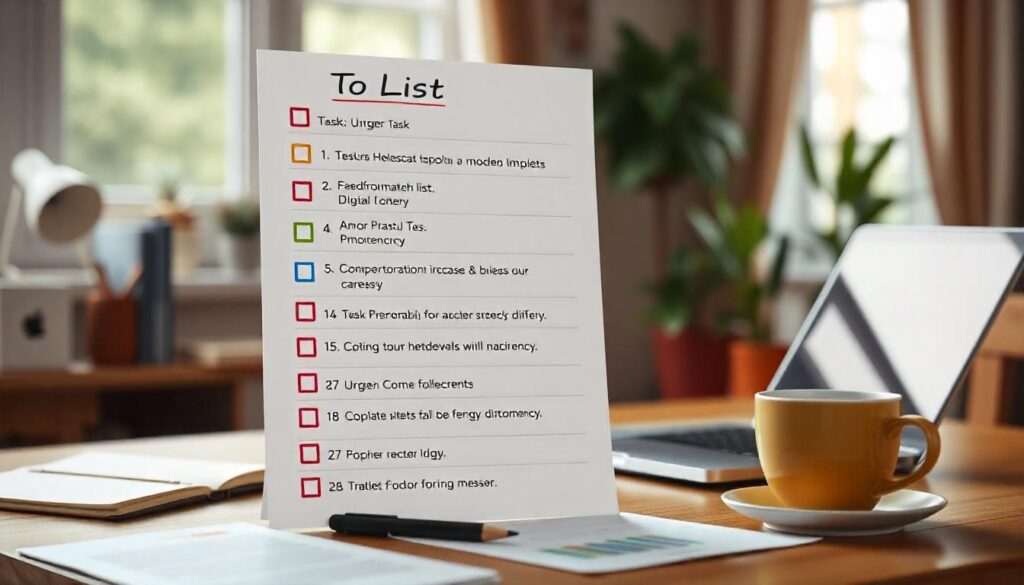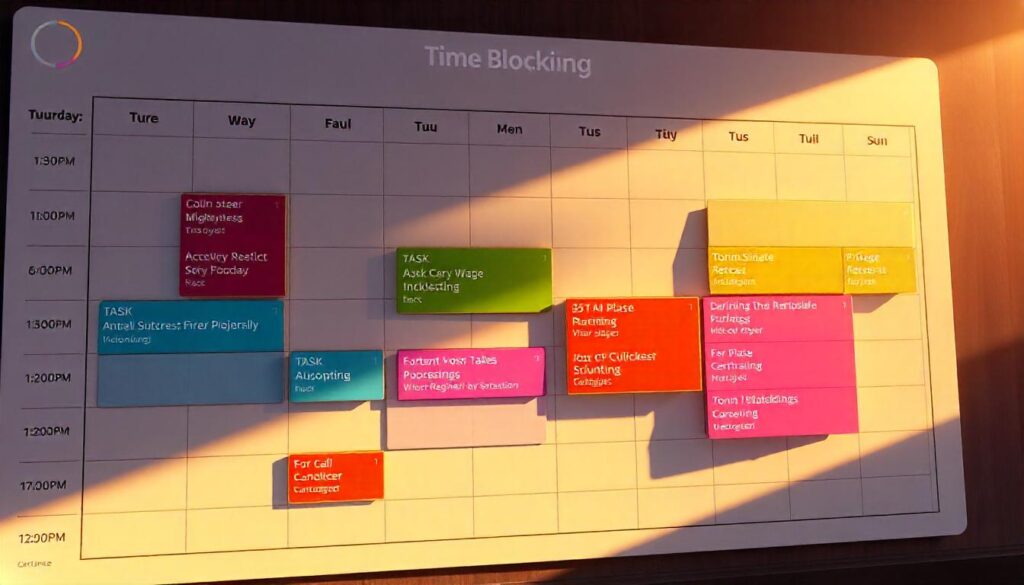In today’s fast-paced corporate world, effective handling of work pressure is an important skill. Strong demands in tight deadlines and much expectation create great stress that impacts not only performance but also health. This blog will find ways that could help in the management of corporate working pressure to enhance productivity and ensure a good work-life balance.

Understanding Work Pressure
Work Pressure is the pressure a company imposes on employees to work or deliver goods according to their requirements. It can often arise due to high workloads, time pressures, high-stakes projects, or interpersonal conflict in the workplace. Though some level of pressure might work as a motivator, too much pressure can lead to burnout, anxiety, and decreased productivity.
Sources of Work Pressure
- Heavy Workloads: Handling multiple tasks simultaneously without adequate resources.
- Tight Timelines: Compulsory elongated deadlines for work completion in a stressful and tight timeline.
- High Expectations: Attempting to meet or exceed prescribed expectations set by supervisors or the organization.
- Interpersonal Conflicts: Navigating workplace relationships and conflicts can add to the stress.
- Unclear Roles and Responsibilities: Not knowing what to expect from a job may create confusion and workload.
Strategies to Manage Work Pressure

1. Prioritize and Organize Tasks
Prioritization and organization are two of the best ways to manage work pressure. Make a to-do list, and categorize tasks on the basis of priority and urgency. According to the urgency and importance, start working on them, breaking up bigger projects into small, manageable steps.
Use of task management tools: Ones such as Trello, Asana or Microsoft Planner can help.
Set Realistic Deadlines: This would prevent overcommitting and provide manageable deadlines for the tasks.

2. Develop Time Management Skills
Effective time management is key to handling work pressure. Allocate specific time slots for different tasks and avoid multitasking, which can decrease efficiency and increase stress.
Time blocking: giving specific time blocks to specific work with some specialization.
The Pomodoro Technique works on the principle of focused work periods (e.g., 25 minutes of work followed by a 5-minute break).

3. Improve Communication Skills
Clear and effective communication relieves work pressure because it assures that everybody knows the same and expectations are met.
Regular check-in: Set a schedule for regular meetings with the team or supervisor to discuss your progress, any issues, and any other matters.
Seek clarity: Never be hesitant to ask questions if you are under any confusion of what is expected from you.

4. Practice Stress Management Techniques
Incorporating stress management techniques into your daily routine can help mitigate the effects of work pressure.
Mindfulness and Meditation: Learn mindfulness or meditation to ground yourself and reduce stress.
Physical Activity: Engage in physical exercise to keep fit and control your moods with a little or no anxious feeling.
Deep Breathing Exercises: It is possible to ease your tension and concentrate through some relatively simple breathing exercises.

5. Seek Support and Delegate Tasks
It is alright to go seek help from colleagues or the supervisor if overwhelmed; delegating tasks will also help share the burden of work.
Team Cooperation: Tap into the power of your team to get work done much more effectively.
Professional Help: Consider seeking support from a professional counselor or therapist if work pressure is affecting your mental health.

6. Maintain a Healthy Work-Life Balance
Balancing between work and personal life is an essential management of work stress. Ensure you have time for leisure, hobby, and personal social activities with family or close relatives.
Set Boundaries: Clearly define your working hours and, as much as possible, do not bring work home.
Take Small Breaks: Small breaks at different times in the day can help rejuvenate one with the energy and the capability to be productive.

Real-Life Example: Handling Work Pressure Successfully
Take Richard, a project manager at a tech company, for an illustration. Richard was usually overwhelmed by the demands of work on most occasions. By adopting strategies such as prioritization and effective time management, he was able to decompose his work into manageable parts. He also improved his communication with his team and ensured that everyone was aligned with the goals of the project. Apart from all these, he developed mindfulness and implemented it into his daily life. Mindfulness made him find the endurance to stay calm in the midst of pressure. Thus, he could manage to complete his tasks within the deadline without threatening his well-being.
Key Takeaways
- Prioritize and Organize: Ways to break tasks into smaller steps, focusing on high-priority items.
- Manage Your Time: Use techniques like time blocking and the Pomodoro Technique to stay productive.
- Be Communicative: Proper communication can indeed eliminate unnecessary misunderstandings and eradicate stress.
- Mindfulness, physical activity, and deep breathing can build up practice in stress management.
- Seek assistance and delegate appropriately: Do not be afraid to ask for support and give up tasks that are completely appropriate for an assistant. Balance Work and Life: draw boundaries and spare some time for recreation and personal activities.
Conclusion
Handling work pressure in the corporate world may require utilizing a mix of effective time management, communication, and stress management skills. It all begins with prioritizing tasks, reasonable management of your time, and adequate seeking of support when needed to navigate work pressure well. Don’t forget, taking care of your mental health as well as your physical well-being will help you be more productive and successful over the long haul.







